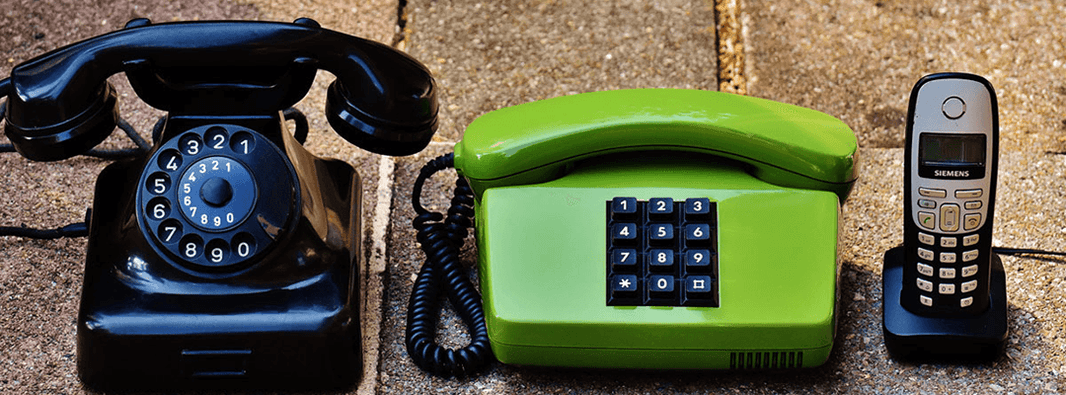Power of attorney is a legal document which allows you to make decisions on someone else's behalf, if they are no longer able to act in their own best interests. There are a few different kinds of power of attorney. Which one your loved one needs will depend on their situation. Today we'll be discussing Lasting Power of Attorney.
What is Lasting Power of Attorney?
Lasting Power of Attorney (LPA) is when you have legal autonomy to act on behalf of someone else. This could be because they are no longer mentally capable of making those decisions, or they no longer wish to make those decisions for themselves. This person (the 'donor') would need to appoint you as their 'attorney' while they can still make decisions for themselves.
There are two categories of Lasting Power of Attorney, which allow the attorney to make different decisions. The first category is property and financial affairs; the second is health and welfare attorney. Your loved one can set up one or both kinds of Lasting Power of Attorney.
Lasting Power of Attorney: Property and Financial Affairs
Being a property and financial affairs attorney means that you have control over things like money, bills, investments, bank accounts and pensions. It allows you to manage bank accounts, collect benefits and pensions, and even sell the person's home if necessary. You may use their money to purchase things for them such as food. Once you have registered as Property and Financial attorney, the donor can choose to let you use it immediately or have it ready to use until they require it.
Lasting Power of Attorney: Personal Welfare
Health and Welfare LPA allows you to make decisions about the person's day-to-day life. This includes medical care, washing and eating, and decisions like moving into a care home. You may also need to spend money on things like clothes, decorating or transport costs for the donor. You can only make Personal Welfare attorney decisions once the donor can't make those decisions for themselves.
When is the Donor Defined as Lacking Capacity?
When setting up a Power of Attorney, you will likely come across the term 'lacking capacity'. This refers to the point when the 'donor' is no longer capable of making decisions. This might mean that they are no longer able to process information. In other cases, they may no longer be able to retain information long enough to make a decision. Alternatively, they may no longer be able to communicate their decisions.
When Does Lasting Power of Attorney Take Effect?
You need to register a Power of Attorney document in advance; this process takes around 9 weeks. There is also an £82 fee for registering a Lasting Power of Attorney (although there are reductions for people on low incomes). A financial affairs POA can take effect immediately after registration, whereas a personal welfare POA cannot take effect until the donor has lost capacity.
What Do I Need To Think About as Lasting Power of Attorney?
As your loved one's attorney, you have certain responsibilities. You need to make sure you do not infringe on the donor's liberties. You have to make an effort to involve them in the decision making where possible. This may mean trying to communicate in a way they will understand. You should also help the donor reach their own decisions where possible. This is all covered in the Mental Capacity Act 2005.
What Happens If an Attorney Is No Longer Acting in The Donor's Best Interests?
A donor can appoint more than one attorney. If one attorney is no longer acting in the best interest of the donor, you can report them. You need to contact the Office of the Public Guardian. There needs to be a clear example of the attorney abusing their power. This is often to do with their own financial gain.
How Careline Can Help Those Who Lack Capacity
If your loved one is thinking about setting up a Lasting Power of Attorney, they might also benefit from a Careline alarm. In emergency situations, such as falls, fits, or medical emergencies, the pendant alarm allows the user to get help fast. Call our Customer Service Team on 0808 304 4183 for advice. Alternatively, read our guide to the Careline alarm service here.
Note: This article was last updated 9/8/2021 to reflect current information.









